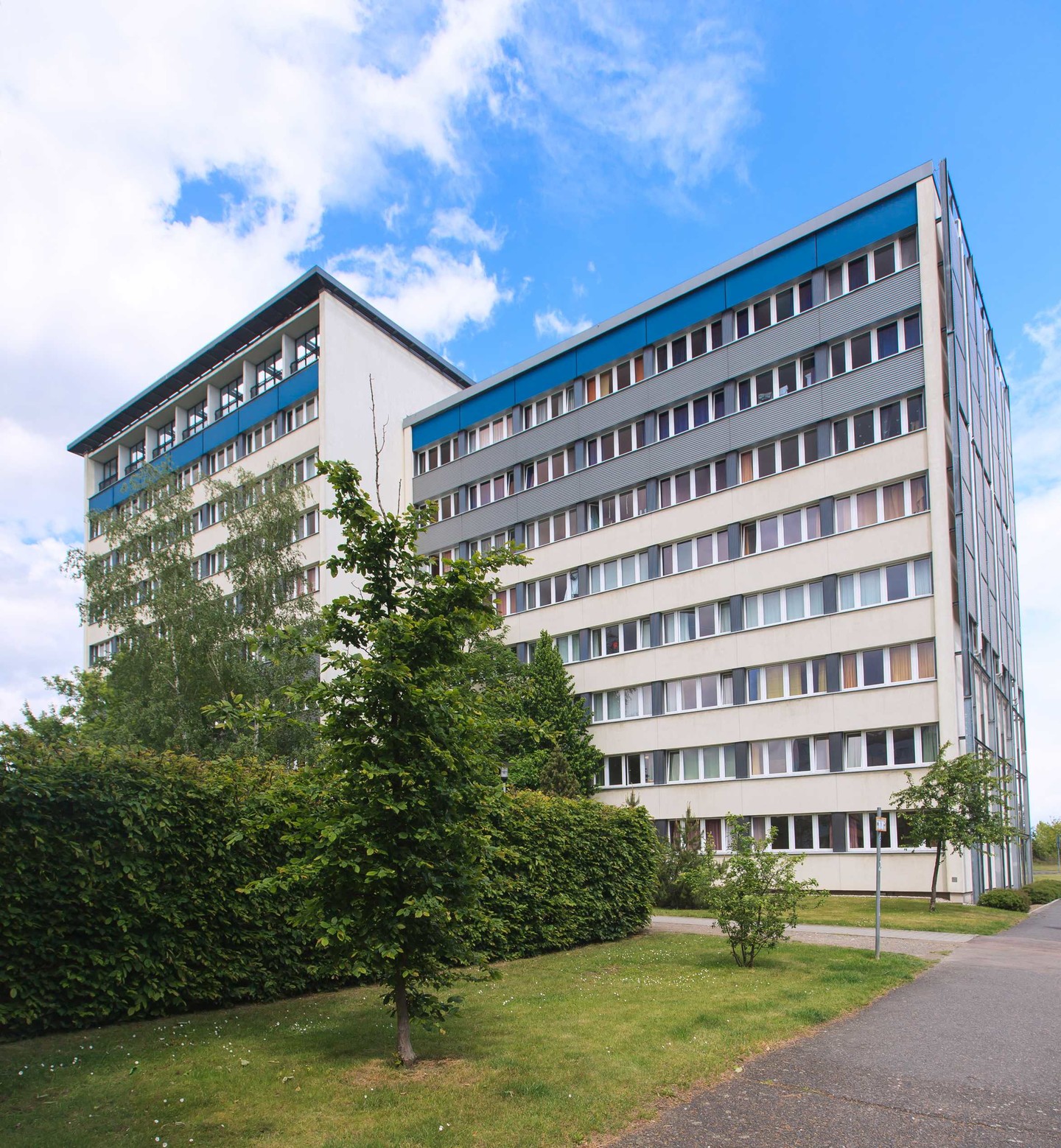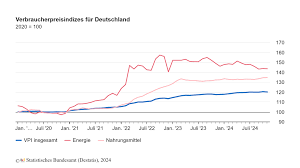Introduction
The housing market in South Africa has long been a topic of interest for investors, homebuyers, and policymakers alike. As the country continues to navigate the challenges of an evolving economy, the dynamics of the housing sector are critically important. In 2023, a combination of economic factors, interest rates, and the ongoing impact of the pandemic has brought new trends and challenges that demand attention.
Current Housing Trends
In recent months, the South African housing market has seen a combination of growth and adjustment. According to the latest reports from FNB, the average house prices have stabilized, with nominal price growth recorded at about 3.0% year-on-year. This is a stark contrast to the double-digit growth seen during the peak of the market.
One key factor influencing the housing market is the interest rate environment. The South African Reserve Bank has maintained a relatively stable repo rate, currently at 8.25%, which has enabled many potential home buyers to enter the market. However, concerns about inflation are causing some uncertainty, making it critical for buyers to act strategically.
Shifts in Buyer Demographics
Another notable trend is the shift in buyer demographics. There has been a noticeable increase in first-time home buyers, particularly among younger adults aged 25 to 34. National data indicates that this age group now accounts for nearly 50% of property transactions, indicating a significant shift in market dynamics.
Furthermore, there is a rising demand for properties in suburban and rural areas as workers embrace flexible working arrangements. This trend was accelerated by the COVID-19 pandemic, which has opened opportunities for individuals to live further from their workplaces. Areas such as the Garden Route and the Western Cape have experienced a surge in interest, driving property prices upwards.
Challenges Ahead
Despite the positive signs, challenges remain. Issues such as a high unemployment rate, increasing construction costs, and the lingering effects of economic instability pose risks to the recovery of the housing market. Additionally, the ongoing energy crisis in South Africa has raised concerns, as power outages could deter potential homeowners and influence property values.
Conclusion
In conclusion, the housing market in South Africa is experiencing a time of transition characterized by new buyer demographics, shifting trends, and the ongoing effects of economic pressures. For potential homebuyers and investors, understanding these dynamics is crucial for making informed decisions. As we advance through 2023, the housing market will remain a vital indicator of the broader economic landscape, and its evolution will be closely watched by all stakeholders involved.


